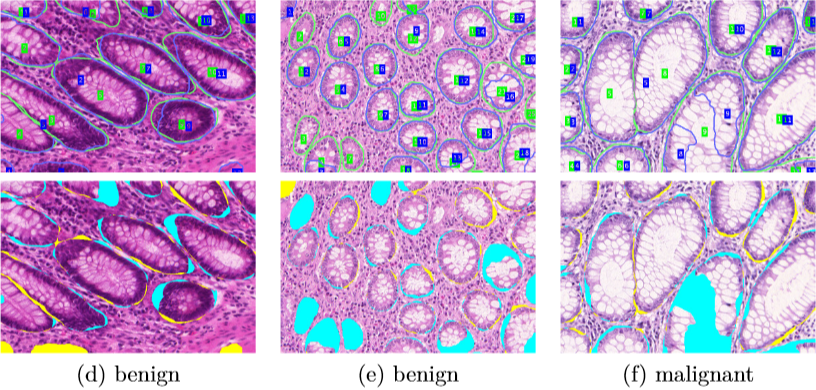Chinese Develop Platform Utilizing AI And Machine Learning Algorithm With Cancer Methylation Signatures To Diagnose Colorectal Cancer
Source: Thailand Medical News Jan 05, 2020 5 years, 11 months, 1 week, 12 hours, 35 minutes ago
Researchers affiliated with a large number of institutions in China have developed an
AI and
machine-learning algorithm platform
with c
ancer methylation signatures to diagnose
colorectal cancer. In their paper published in the journal
Science Translational Medicine, the group describes their new approach to diagnosis and prognostication of
colorectal cancer and how well it worked.

At the moment, the gold standard for detecting
colorectal cancer is through the use of colonoscopies but such procedures are, unfortunately, invasive, uncomfortable and embarrassing for patients. Because of that, many people forgo testing, and sadly, some develop
colorectal cancer that goes undetected for long periods of time. Refusing testing is problematic because
colorectal cancer is the third-most deadly kind of
cancer worldwide.
Scientists recognize the problem and continue to look for other ways to detect the disease. One promising area of research involves looking for markers of the disease in blood, which would be far less invasive. Unfortunately, such tests are still not as effective as colonoscopies. In this new effort, the researchers looked at the possibility of combining two diagnostic tools to improve accuracy.
The initial diagnostic tool involved identifying
colorectal cancer-specific
methylation signatures. The researchers did this by comparing
cancer tissue from people with
colorectal cancer and from those without, more specifically, they looked for circulating tumor DNA (ctDNA) differences. Once they had their markers, the team used a
machine-learning algorithm to spot
cancer in people who were at risk for developing
colorectal cancer. The algorithm was trained on cell data from 801 people who had
colorectal cancer and from 1,021 people who did not, and learned to distinguish between cell types. Once the system had learned what to look for, the researchers tested it on patients known to have
colorectal cancer.
The researchers told
Thailand Medical News that the system was 87.5 percent and 89.9 percent accurate when testing for sensitivity and specificity.
The oncology and genomic researchers also report that a modified prognostic model that they developed in conjunction with the diagnostic tool was found to be useful for predicting the risk of death for patients for up to 26.6 months. They also discovered that one of the
methylation markers they found was particularly useful during the screening process.
Reference : Huiyan Luo et al, Circulating tumor DNA methylation pro
files enable early diagnosis, prognosis prediction, and screening for colorectal cancer, Science Translational Medicine (2020). DOI: 10.1126/scitranslmed.aax7533
